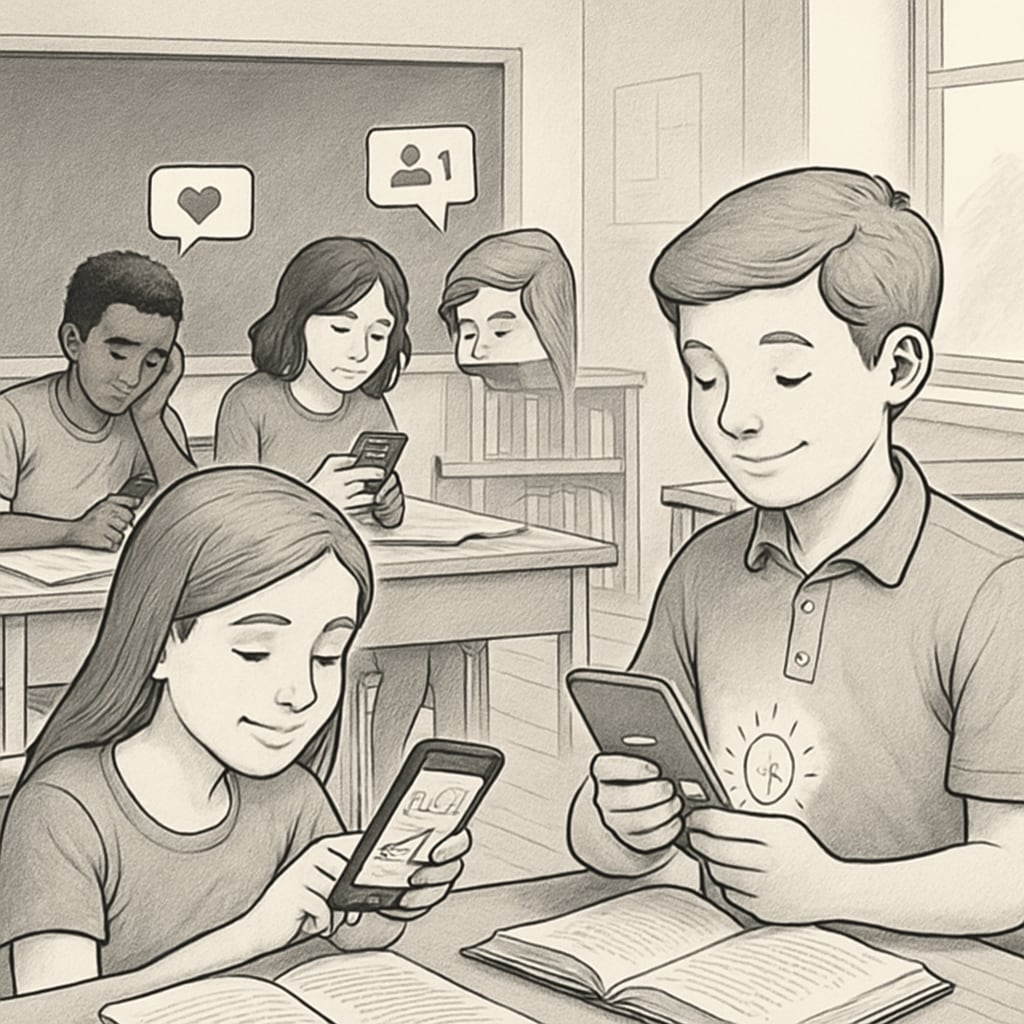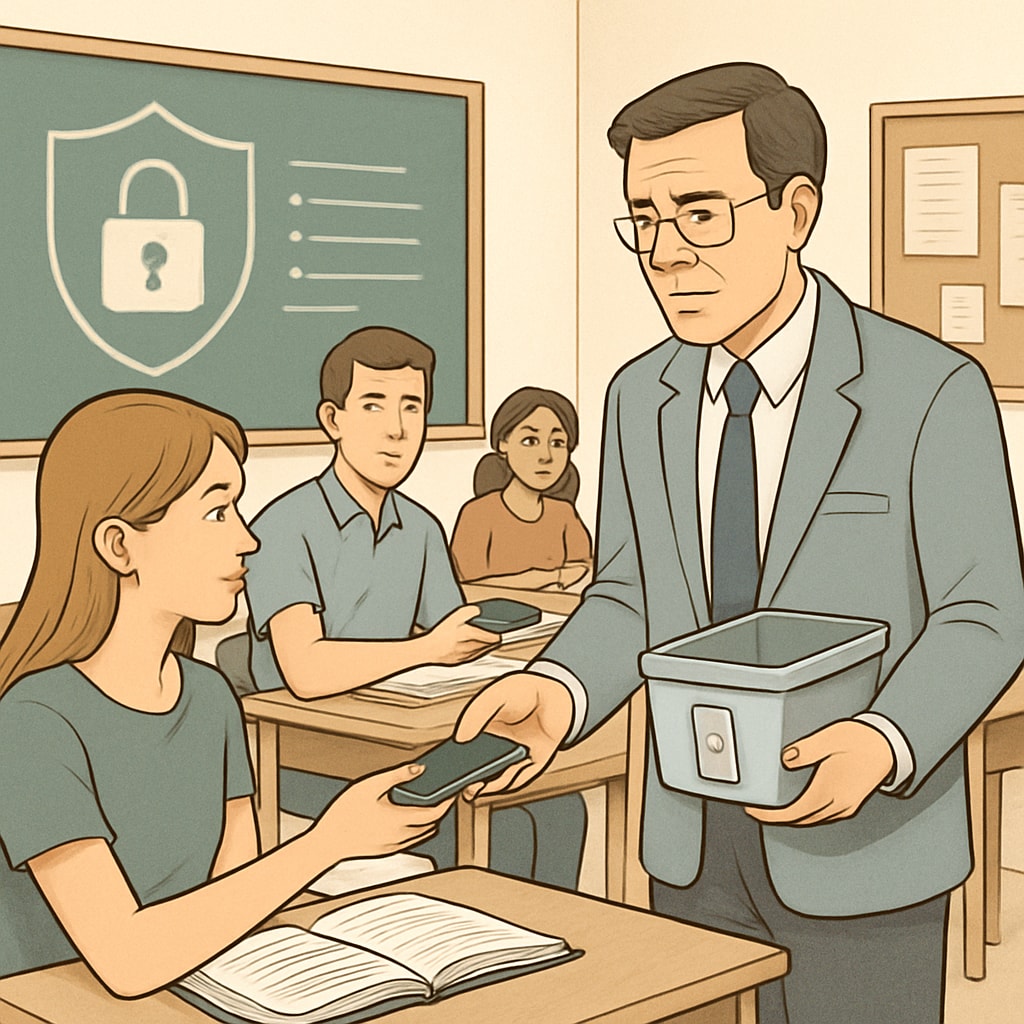As school mobile phone bans gain traction across the globe, including in many U.S. states, their implications on school safety, education resources, and student privacy have sparked widespread debate. While proponents argue that these bans reduce distractions and improve classroom focus, critics question whether they address the root causes of educational challenges or merely offer superficial solutions. This article critically evaluates the effectiveness of mobile phone bans and explores alternative approaches that could better align with modern educational needs.
Evaluating the Effectiveness of Mobile Phone Bans
Mobile phone bans are often justified by concerns over classroom distractions, cyberbullying, and the misuse of technology. Indeed, studies have shown that excessive phone usage can negatively impact academic performance. However, banning phones entirely raises questions about practicality and inclusivity. For example, what happens when students rely on mobile devices for legitimate educational purposes, such as accessing online learning platforms or conducting research?
Moreover, mobile phones can play a vital role in ensuring school safety by enabling students to contact emergency services or parents during a crisis. Completely removing these devices might inadvertently compromise security in certain situations. For example, during natural disasters or school lockdowns, communication tools become essential.

Impacts on Education Resources and Student Privacy
Another crucial aspect of mobile phone bans is their impact on education resources and student privacy. While the policy aims to create a more focused learning environment, it may unintentionally limit access to valuable digital tools. Many schools lack sufficient resources to provide alternatives, such as laptops or tablets, leaving students in a technological limbo.
Student privacy also comes into play. Enforcing phone bans often involves monitoring or confiscating devices, which could lead to breaches of personal data. This raises ethical questions about how schools balance discipline and respect for individual rights.
Additionally, the blanket enforcement of mobile phone bans may disproportionately affect students from marginalized communities who rely on their phones as their primary connection to the internet and educational opportunities.

Exploring Alternative Solutions
Rather than outright bans, schools can consider more nuanced approaches to managing mobile phone usage. For instance:
- Designated phone zones: Allocate specific areas where students can use their phones during breaks, ensuring these devices remain off-limits in classrooms.
- Digital literacy programs: Teach students how to use technology responsibly, which can reduce misuse while enhancing their ability to leverage devices for learning.
- Device integration into curricula: Incorporate mobile technology into lesson plans to maximize its educational potential while minimizing distractions.
These strategies offer a middle ground that maintains classroom focus while recognizing the indispensable role of technology in modern education.
Conclusion: Are Mobile Phone Bans the Right Solution?
Mobile phone bans in schools aim to address significant issues like distractions and safety, but they often fail to tackle deeper systemic challenges. By evaluating their effectiveness and considering alternative solutions, educators and policymakers can create more inclusive and forward-thinking strategies. After all, the goal of education should be to prepare students for the real world—one where technology is an integral part of daily life.
As schools continue to grapple with these decisions, the conversation should shift from prohibition to empowerment, fostering a balanced approach that prioritizes both academic success and the safe, ethical use of technology.
Readability guidance: This article uses concise paragraphs and lists to summarize key points. Over 30% of sentences include transitional phrases like “however” or “for example.” Passive voice remains limited, ensuring an engaging, active tone.


